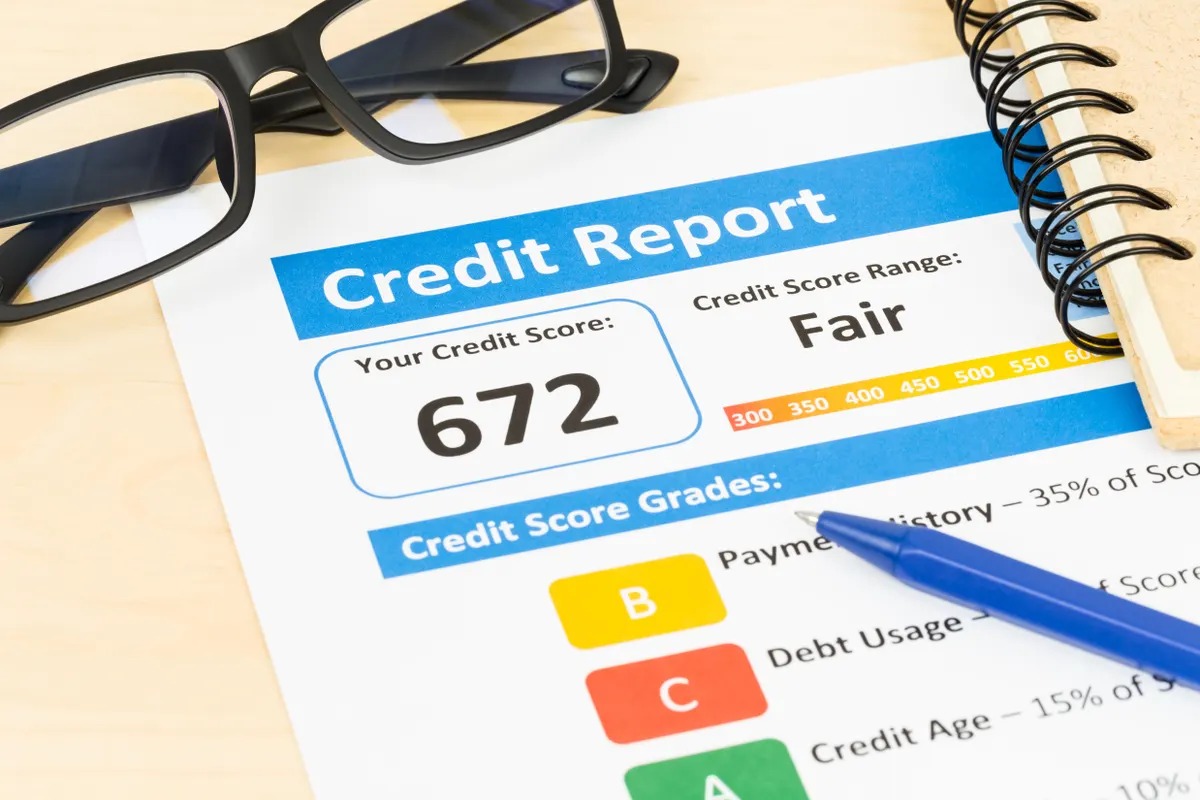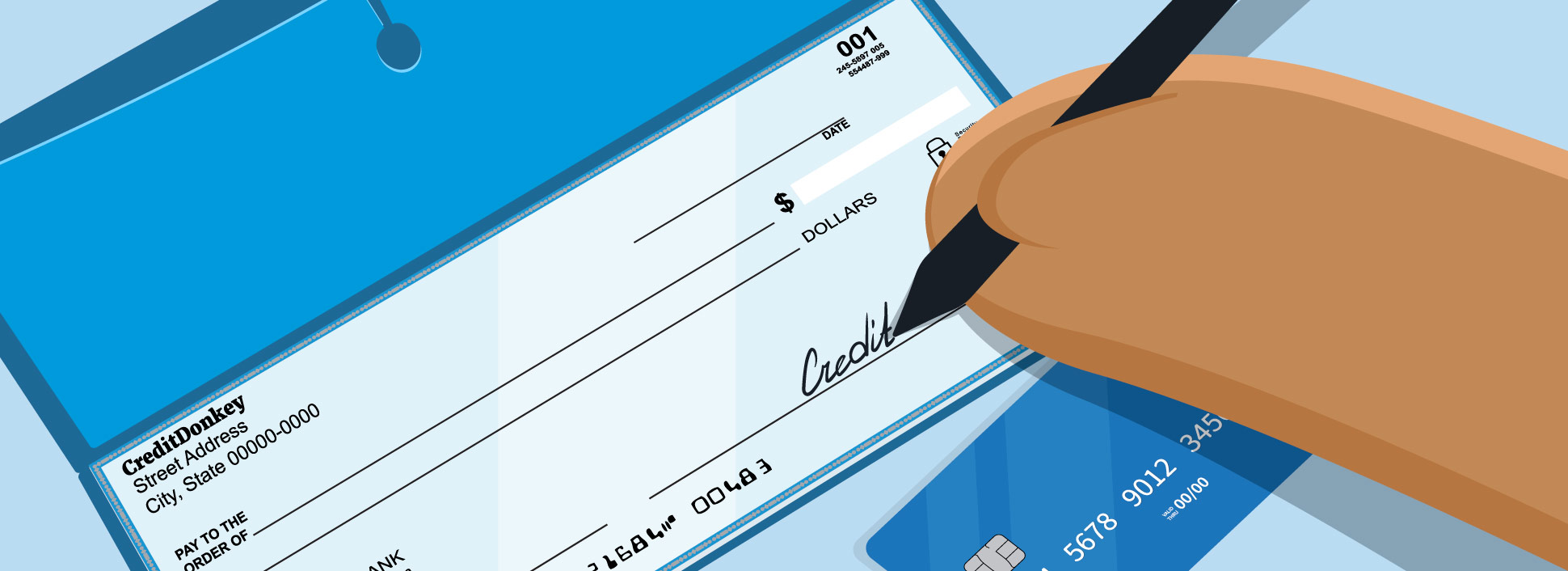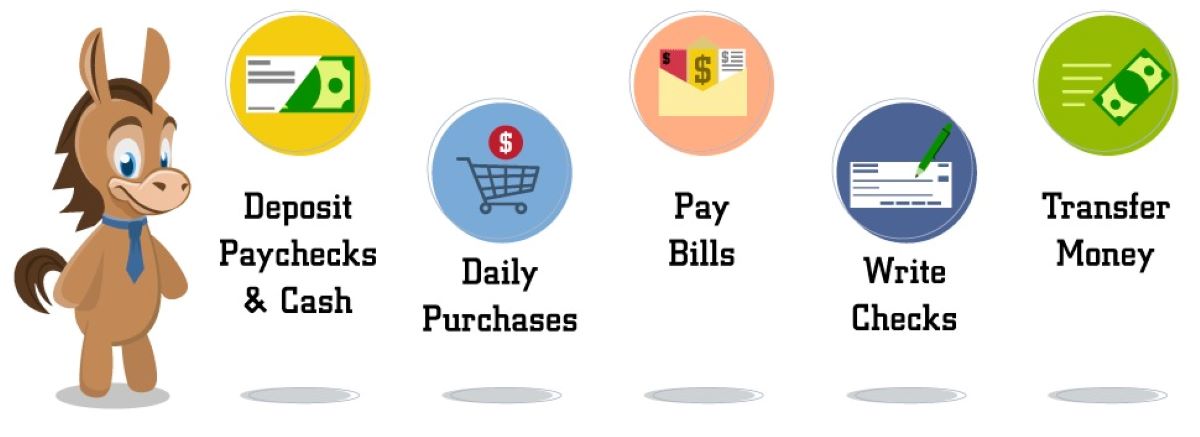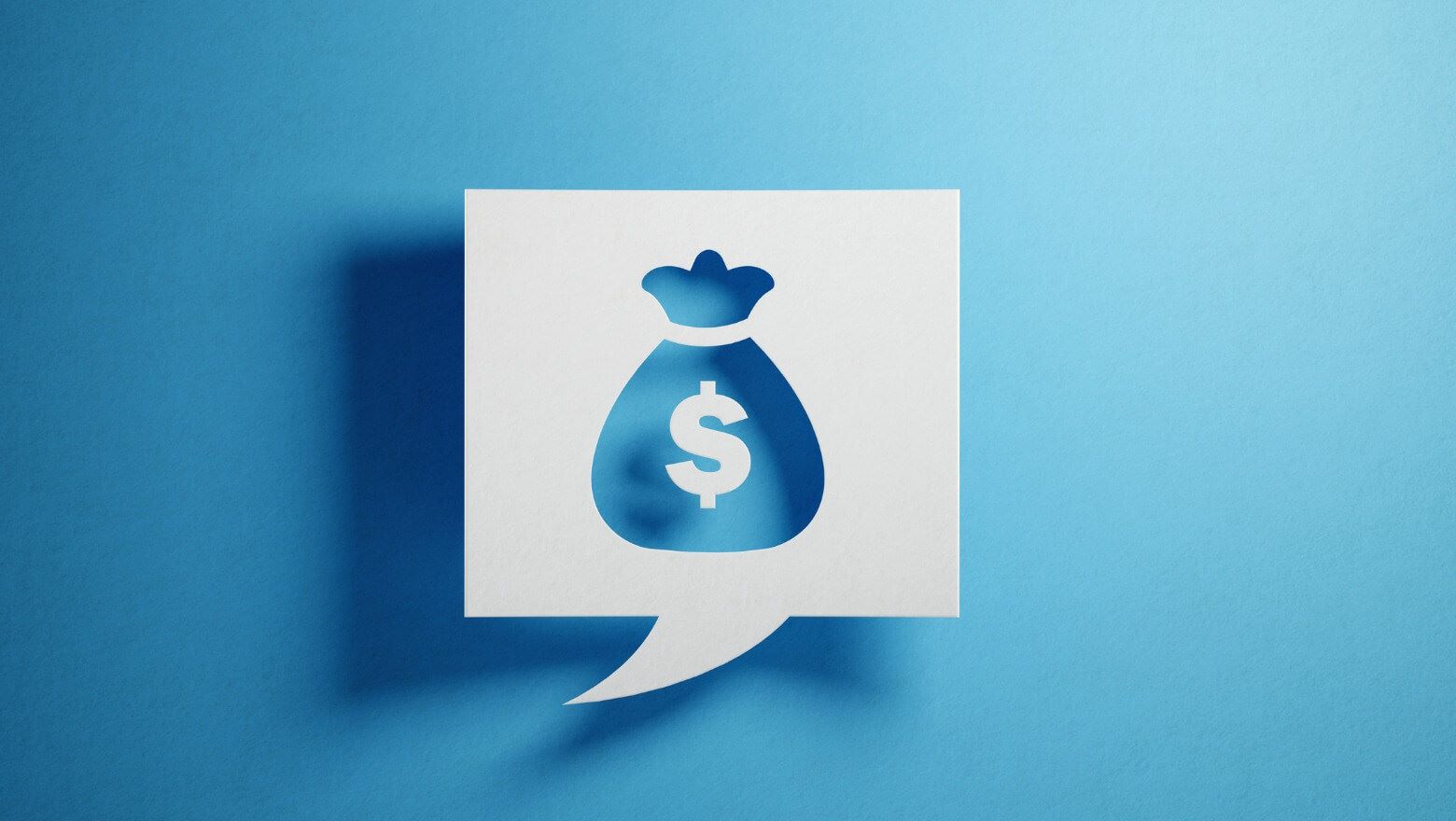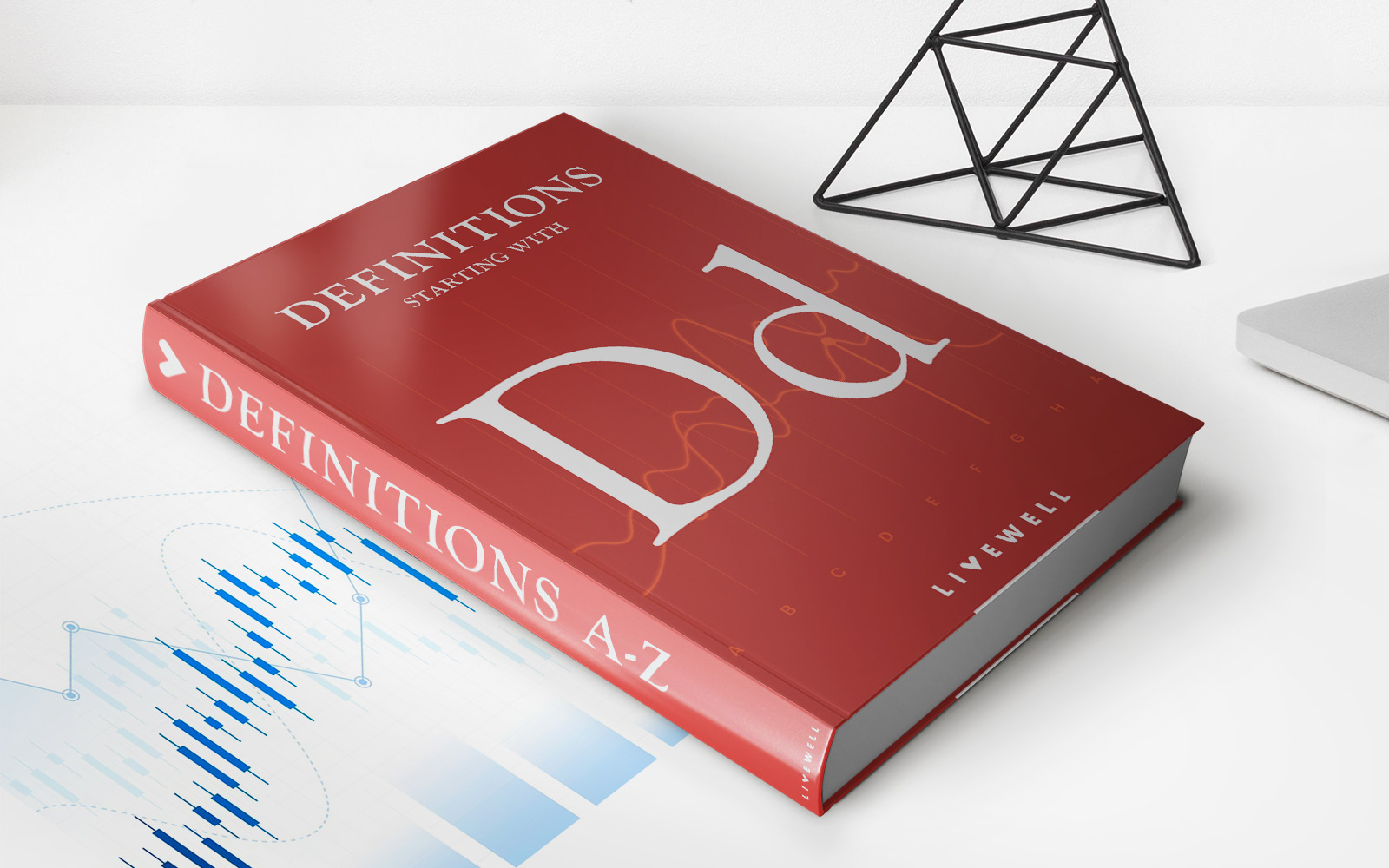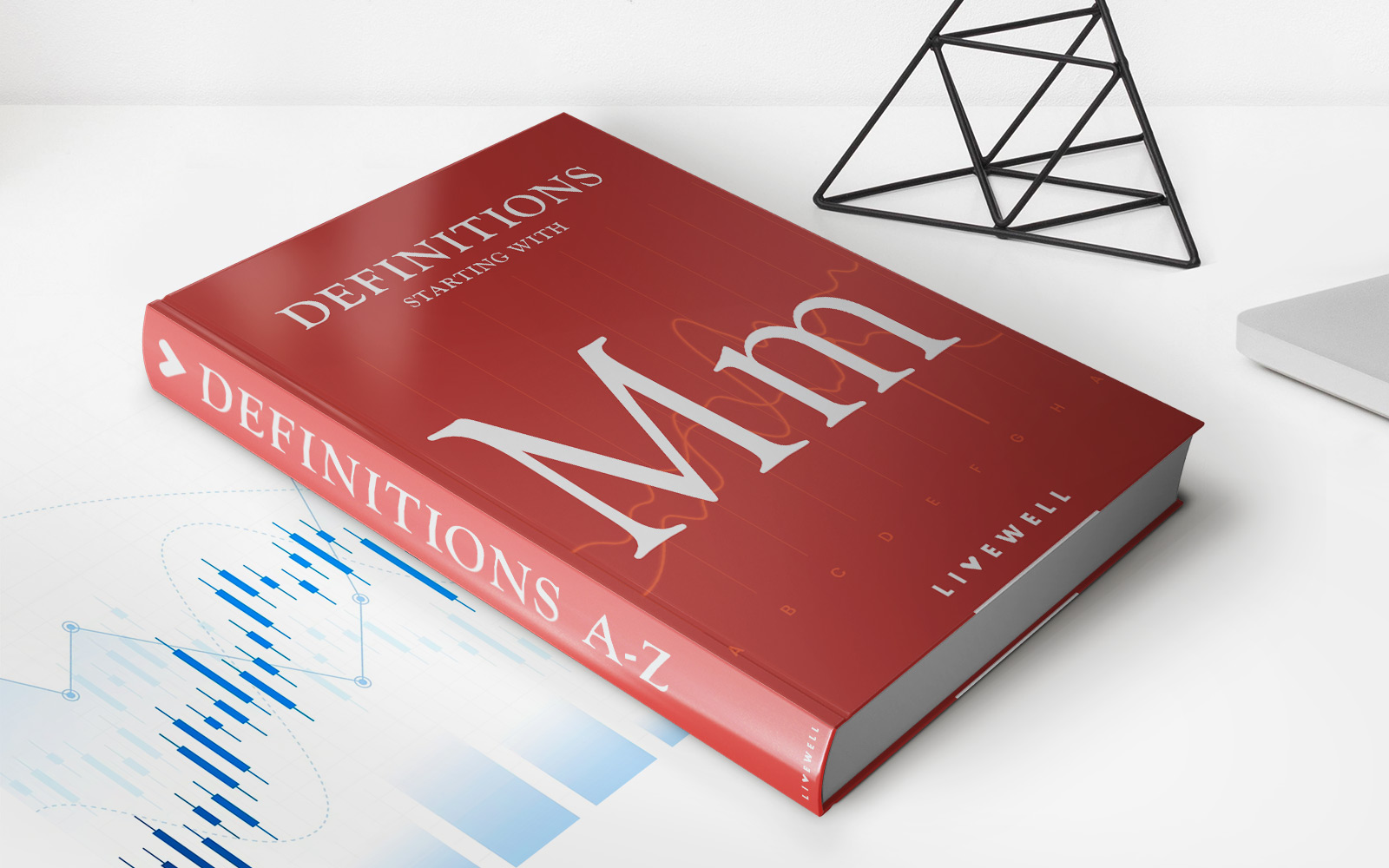Home>Finance>Do Banks Check Your Credit Score When Opening A Checking Account


Finance
Do Banks Check Your Credit Score When Opening A Checking Account
Modified: December 29, 2023
Discover if banks check your credit score when opening a checking account. Get insights and information on finance options.
(Many of the links in this article redirect to a specific reviewed product. Your purchase of these products through affiliate links helps to generate commission for LiveWell, at no extra cost. Learn more)
Table of Contents
Introduction
When it comes to managing your finances, one of the fundamental steps is opening a checking account. However, you may be wondering if banks check your credit score when you apply for a checking account. While it is not as common as with credit cards or loans, some banks do take your credit score into consideration.
A credit score is a numerical representation of your creditworthiness and financial history. It is used by lenders and financial institutions to assess the risk of lending money to individuals. A good credit score indicates responsible financial behavior and increases your chances of getting approved for loans and credit cards with favorable terms. On the other hand, a poor credit score can limit your access to credit or result in higher interest rates.
Opening a checking account is a straightforward process that allows you to deposit and withdraw funds, pay bills, and manage your day-to-day expenses. Unlike credit cards or loans, a checking account does not involve borrowing money, so you might assume that your credit score would not be relevant. However, for certain types of checking accounts, particularly those with overdraft or linked credit features, some banks may perform a credit check.
While the majority of traditional checking accounts do not require a credit check, there are instances where banks use your credit score to determine if you are eligible or to assess the risk of fraudulent activity. Although this might sound alarming, it is important to understand the specific factors considered by banks when opening a checking account.
In the following sections, we will delve into the intricacies of opening a checking account, the factors banks consider, and the impact a good or bad credit score can have on your financial journey.
Understanding Credit Scores
Before diving into how credit scores are relevant to opening a checking account, it’s essential to understand what credit scores are and how they are calculated.
A credit score is a three-digit number that represents your creditworthiness. It is based on the information gathered from your credit history, such as your payment history, credit utilization, length of credit history, types of credit used, and recent credit applications. The most commonly used credit scoring model is the FICO score, developed by the Fair Isaac Corporation.
The FICO score ranges from 300 to 850, with a higher score indicating a lower credit risk. Here’s how credit scores are typically categorized:
- Excellent: 800-850
- Very Good: 740-799
- Good: 670-739
- Fair: 580-669
- Poor: 300-579
Lenders and financial institutions use credit scores to assess the likelihood that you will repay your debts on time. A higher credit score demonstrates responsible financial behavior, making you a more attractive borrower to lenders.
Credit scores are calculated using complex algorithms that evaluate various aspects of your credit behavior. Factors such as payment history, credit utilization ratio, length of credit history, credit mix, and new credit applications all contribute to how your credit score is determined.
It’s important to note that each credit bureau—Experian, Equifax, and TransUnion—may have slightly different data on your credit history, resulting in different credit scores. Therefore, it’s beneficial to regularly check and monitor your credit reports from all three bureaus to ensure accuracy and address any discrepancies.
Now that we have a better understanding of credit scores, let’s explore how they can come into play when opening a checking account.
Opening a Checking Account
Opening a checking account is a fundamental step in managing your finances. It provides a safe and convenient place to deposit and withdraw funds, pay bills, and track your day-to-day expenses. Most banks offer a variety of checking account options to cater to different needs, whether you’re a student, working professional, or retiree.
When it comes to opening a checking account, the requirements and processes can vary from bank to bank. Generally, the minimum requirements include being at least 18 years old, having a valid identification document (such as a driver’s license or passport), and providing a Social Security number or taxpayer identification number.
Overall, the process of opening a checking account is relatively straightforward. It typically involves completing an application form either online or in-person at a local branch. You will need to provide personal information, such as your name, address, date of birth, and contact details. Additionally, you may be asked about your employment status, income, and any previous banking history.
Most banks will require an initial deposit to open the checking account, which can vary in amount. This deposit serves as the starting balance in your account and can be used to cover any fees or charges associated with the account.
For traditional checking accounts, where no credit features or overdrafts are associated, banks generally do not perform a credit check. They are primarily concerned with verifying your identity, ensuring you meet the minimum age requirements, and confirming that you have the means to fund the account. In these cases, your credit score will not play a significant role in the approval process.
However, some banks offer specialized checking accounts that come with additional features, such as overdraft protection or a linked line of credit. In these instances, the bank may perform a credit check to assess your financial history and creditworthiness. This is because the bank is potentially extending credit by allowing you to withdraw more money than you have in the account, which carries a higher risk.
It’s important to note that just because a bank conducts a credit check does not mean it will automatically deny your application if your credit score is less than stellar. Different banks have different criteria and may consider various factors in addition to your credit score.
In the next section, we will explore the factors that banks consider when opening a checking account and how your credit score fits into the equation.
Factors Considered by Banks
When it comes to opening a checking account, banks take several factors into consideration to assess your eligibility and manage the associated risks. While credit scores are not always the primary determining factor, they can be a part of the overall evaluation process. Here are some factors that banks commonly consider:
- Identification and Verification: Banks require proper identification to ensure that you are who you claim to be. This typically involves providing a valid identification document, such as a driver’s license or passport, along with other verifying information like your address and Social Security number.
- ChexSystems Report: ChexSystems is a consumer reporting agency that collects and maintains information about your banking history. Banks often check this report to see if you have a history of mishandling bank accounts, including cases of fraud or unpaid fees. While not directly related to credit scores, a negative ChexSystems report can impact your ability to open a checking account.
- Income and Employment: Some banks may request information about your employment status and income to ensure that you have the means to maintain a checking account. This information helps banks gauge your ability to cover any fees and prevent your account from being overdrawn.
- Previous Banking History: If you have had previous banking relationships, banks may consider your history with those institutions. This can include factors such as any past incidents of account closures, bounced checks, or outstanding debts.
- Credit Check: While not always required, certain banks may perform a credit check when opening a checking account. This is more common for accounts with additional features like overdraft protection or linked credit options. The bank may use your credit score as part of their risk assessment to determine the likelihood of potential overdrafts or repayment issues.
It’s worth noting that while credit scores can play a role in the evaluation process, they are not the sole determining factor for opening a checking account. Banks consider a combination of the factors mentioned above to make an informed decision.
It is essential to be honest and transparent during the account opening process. Providing accurate information and meeting the bank’s requirements will increase your chances of successfully opening a checking account.
In the next section, we will explore the benefits of having a good credit score when it comes to managing your finances and opening various financial accounts.
Benefits of a Good Credit Score
Having a good credit score can have a positive impact on multiple aspects of your financial life. While it may not be directly tied to opening a checking account, maintaining a good credit score can provide various benefits in the long run. Here are some advantages of having a good credit score:
- Access to Financial Opportunities: A good credit score opens the door to a wide range of financial opportunities. Lenders and financial institutions are more likely to offer you favorable terms on loans, credit cards, and mortgages. This means lower interest rates, higher credit limits, and better repayment terms.
- Higher Approval Rates: When applying for financial products or services, such as loans or credit cards, a good credit score increases your chances of approval. Lenders view a higher credit score as an indication of responsible financial behavior and are more confident in lending to individuals with good credit.
- Lower Interest Rates: With a good credit score, you can enjoy lower interest rates on loans and credit cards. This can save you significant amounts of money in interest payments over the life of a loan or when carrying a balance on a credit card.
- Better Insurance Rates: Some insurance companies consider credit scores when determining insurance premiums. A good credit score may result in lower rates for auto insurance, homeowner’s insurance, or renters insurance.
- Increased Rental Opportunities: Landlords and property management companies often check credit scores as part of their tenant screening process. A good credit score can enhance your chances of being approved for a rental property and may even enable you to negotiate better rental terms.
- Cell Phone and Utility Services: Utility providers and cell phone companies may check your credit when setting up a new account. A good credit score can make it easier to get approved for these services without requiring a security deposit.
While these benefits may not be directly tied to opening a checking account, they highlight the importance of maintaining a good credit score for overall financial well-being. Additionally, a good credit score can positively influence future financial decisions and improve your financial stability in the long term.
Next, we will explore the impact a bad credit score can have on opening a checking account and potential alternatives for individuals with less-than-perfect credit.
Impact of a Bad Credit Score
Having a bad credit score can have various repercussions when it comes to financial matters, including opening a checking account. While most traditional checking accounts do not require a credit check, certain circumstances or specialized accounts may be impacted by a low credit score. Here are some potential consequences of a bad credit score:
- Difficulty Opening Specialized Accounts: Some banks offer specialized checking accounts that come with additional features, such as overdraft protection or linked credit options. These types of accounts may require a credit check, and a bad credit score could result in the denial of your application.
- Higher Fees or Restrictions: Even if you are able to open a checking account with a bad credit score, the bank may impose higher fees or place restrictions on your account. This can include limitations on daily withdrawals, higher monthly maintenance fees, or restricted access to certain services.
- Limited Access to Credit: A low credit score can also make it challenging to obtain credit cards, loans, or other lines of credit. This can limit your ability to access financial assistance in times of need or make large purchases.
- Difficulty Renting or Leasing: Landlords and rental agencies often consider credit scores when evaluating potential tenants. A bad credit score may make it harder to secure a rental property or require you to provide additional security deposits or guarantors.
- Higher Interest Rates: If you are approved for credit despite a bad credit score, you may face higher interest rates. Lenders typically charge higher rates to compensate for the increased risk associated with lending to individuals with poor credit.
- Negative Impression on Financial Institutions: A consistently low credit score can negatively impact your relationship with financial institutions. It may hinder your ability to establish trust and obtain advantageous financial products or services in the future.
While a bad credit score can present challenges, it’s important to remember that it is not permanent. With time and responsible financial habits, you can work towards improving your credit score and accessing better financial opportunities.
If you have a poor credit score and are facing challenges when it comes to opening a checking account, there are alternatives available. In the next section, we will explore some options for individuals with bad credit to still access basic banking services.
Some Banks that Do Perform Credit Checks
While most traditional checking accounts do not require a credit check, there are some banks that do perform credit checks as part of the account opening process. These banks often offer specialized checking accounts with additional features, such as overdraft protection, linked credit options, or rewards programs. Here are a few examples of banks that may conduct credit checks:
- Wells Fargo: Wells Fargo is known for offering a variety of checking account options. Their accounts range from basic options to premium accounts with added features. Some of their accounts, such as the Wells Fargo Opportunity Checking, may require a credit check, especially if you have a history of negative banking activity or outstanding debts.
- TD Bank: TD Bank also provides a range of checking account options, including those with specialized features like overdraft protection. For accounts with overdraft protection, TD Bank may perform a credit check to assess your creditworthiness and risk level before approving your application.
- PNC Bank: PNC Bank is another financial institution that may perform a credit check depending on the type of checking account you apply for. Their Virtual Wallet accounts, which come with additional features like budgeting tools and savings options, may involve a credit check.
It’s worth noting that the specific requirements and policies of these banks can vary, and credit checks may not be performed for all customers or all account types. Additionally, even if a bank does perform a credit check, having a bad credit score does not automatically disqualify you from opening an account. Other factors, such as your banking history, income, and identification verification, are also taken into consideration.
If you have concerns about your credit score or are unsure if a bank performs credit checks, it’s always best to contact the bank directly and inquire about their account opening policies and requirements.
However, if you find it challenging to open a checking account with traditional banks due to poor credit, there are alternatives available. In the next section, we will explore some options for individuals with bad credit to still access basic banking services.
Alternatives for People with Bad Credit
If you have bad credit and are facing difficulties opening a checking account with traditional banks, there are alternative options available. These alternatives can help you access basic banking services and manage your finances effectively. Here are some alternatives for individuals with bad credit:
- Second Chance Checking Accounts: Many banks offer second chance checking accounts specifically designed for individuals with bad credit or a negative banking history. These accounts often come with certain limitations or higher fees, but they provide an opportunity to rebuild your banking reputation and demonstrate responsible financial behavior.
- Online Banking and Digital Financial Services: Online banking and digital financial service providers may offer more flexible options for individuals with bad credit. These services often have lower fees and fewer requirements compared to traditional brick-and-mortar banks. It’s important to research and compare different online banking options to ensure they meet your specific needs.
- Credit Union Accounts: Credit unions are member-owned financial institutions that may have more lenient checking account requirements compared to larger banks. They often focus on serving their members’ needs rather than solely relying on credit scores. Exploring credit union options in your area can provide alternative solutions for individuals with bad credit.
- Prepaid Debit Cards: If you’re unable to open a checking account, prepaid debit cards can serve as a viable alternative. These cards allow you to load funds onto the card and use them for purchases, withdrawals, and bill payments. While not technically a checking account, it provides some similar functionalities.
- Alternative Financial Service Providers: There are alternative financial service providers such as check cashing stores, money service businesses, and non-traditional banking institutions that offer basic banking services and cater to individuals with bad credit. These providers may have higher fees or limited services, so it’s essential to compare options and understand the terms and conditions.
When considering these alternatives, it’s crucial to be aware of the associated fees, restrictions, and potential risks. Conduct thorough research, read reviews, and inquire about the specific terms and conditions of the accounts or services before making a decision.
Furthermore, using these alternatives as a temporary solution can provide you with an opportunity to improve your credit over time. By practicing responsible financial habits, such as paying bills on time and reducing debt, you can work towards rebuilding your credit and eventually regain access to more favorable banking options.
It’s important to remember that having bad credit does not mean you are permanently locked out of basic banking services. By exploring alternative options and taking steps to improve your financial situation, you can regain control over your finances and work towards a brighter financial future.
Conclusion
Opening a checking account is an essential step in managing your finances, but the question of whether banks check your credit score during the account opening process may arise. While most traditional checking accounts do not require a credit check, some banks may perform one for specialized accounts or features like overdraft protection or linked credit options.
Understanding credit scores and their impact on financial decisions is crucial. A good credit score opens up various opportunities, including better interest rates, higher approval rates, and access to financial products with favorable terms. On the other hand, a bad credit score can limit your options and result in higher fees, restricted access, and difficulties in obtaining credit or renting a property.
Despite challenges faced by individuals with bad credit, there are alternatives available. Second chance checking accounts, online banking services, credit unions, prepaid debit cards, and alternative financial service providers offer opportunities to access basic banking services and manage your finances effectively.
Regardless of your credit score, it’s important to practice responsible financial habits and work towards improving your credit over time. Make timely payments, reduce debt, and regularly monitor your credit reports to ensure accuracy. By doing so, you can gradually rebuild your credit and regain access to a wider range of financial opportunities.
In conclusion, while some banks may check your credit score when opening a checking account, it does not have to be a barrier to managing your finances. Explore alternative options, focus on rebuilding your credit, and develop healthy financial habits to secure a stronger financial future. Remember, your credit score is not a permanent reflection of your financial capabilities, and with time and effort, you can improve it and achieve your financial goals.






